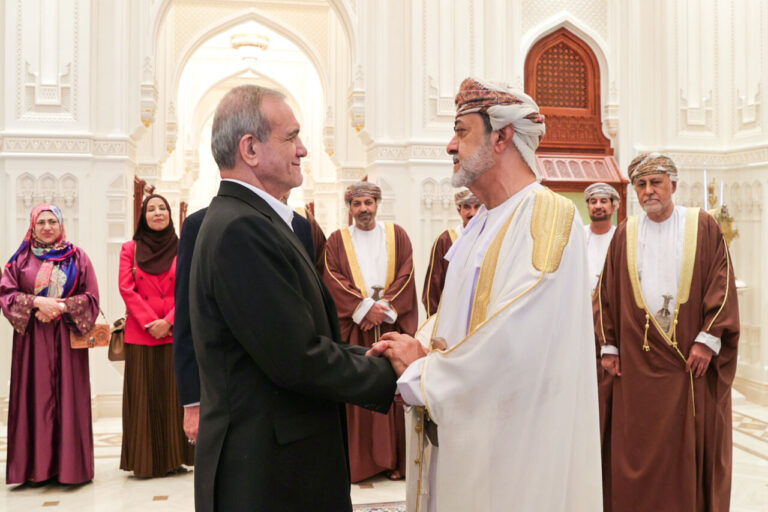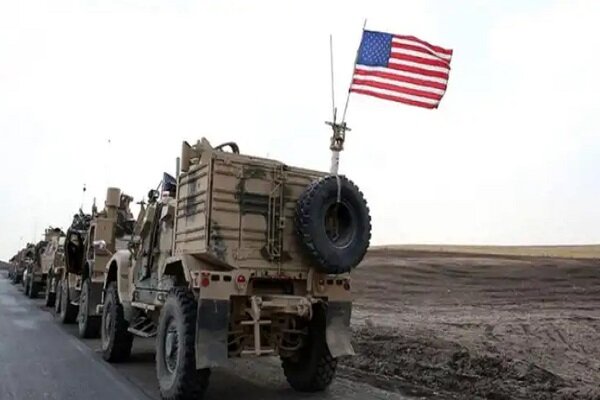
Similar Posts
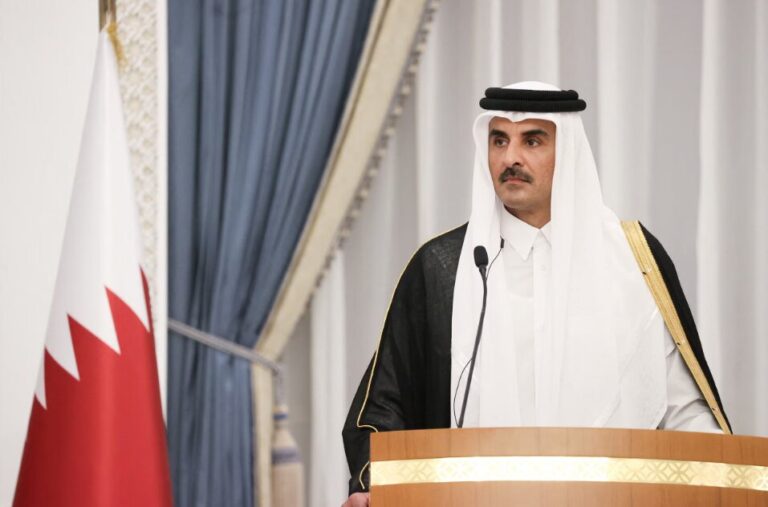
Qatar’s Bold Diplomatic Approach: Navigating Regional Crises with Principles
The ongoing military expansion of Israel in southern Syria and Lebanon emphasizes its historical roots in territorial growth, aiming to reshape the Middle Eastern geopolitical landscape. Israel’s military power, bolstered by American support and its nuclear arsenal, has prompted Arab nations, particularly Qatar, to enhance diplomatic efforts to counter these ambitions. Qatar has formally requested UN oversight of Israeli nuclear facilities and condemned Israel’s aggressive actions in Gaza and the West Bank. Strengthening ties with Iran, Qatar mediates regional conflicts and supports Palestinian resistance, asserting its independent foreign policy while opposing normalization with Israel.
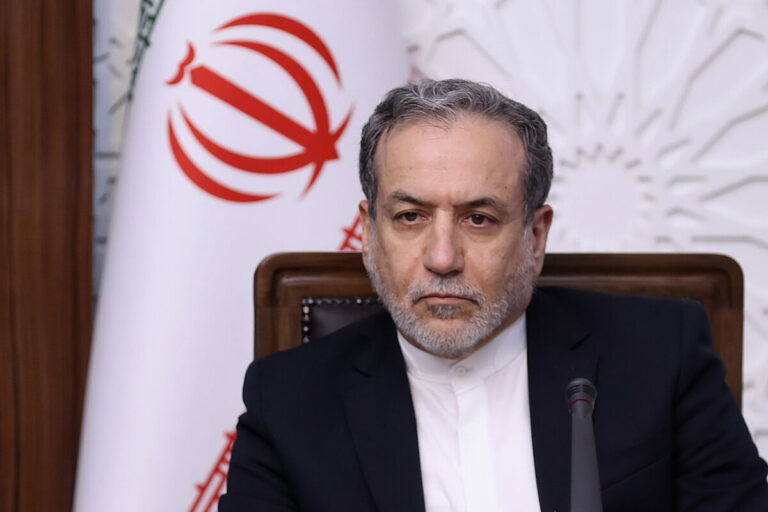
OIC to Convene Extraordinary Meeting on Gaza Following Iran’s Proposal
The Organization of Islamic Cooperation (OIC) plans to hold an extraordinary meeting of foreign ministers to address a U.S.-Israeli plot to forcibly displace Gaza’s population, proposed by former President Donald Trump. Iran initiated this move, with Foreign Minister Abbas Araghchi promoting a unified Islamic response. The meeting, expected in early March, follows extensive discussions with various countries, including Saudi Arabia and Turkey, and aims to condemn the controversial proposal. Araghchi has labeled the U.S.-Israeli plan as “dangerous” and called for decisive action to protect Palestinian rights, amidst widespread global condemnation and protests against the proposal.
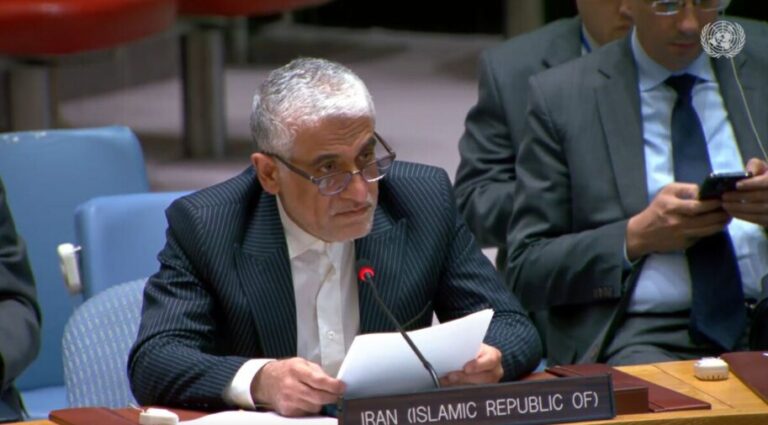
Iran Slams US Plan for Forced Relocation of Palestinians in Gaza
In a recent address at the UN Security Council, Amir Saeed Iravani underscored the significance of multilateralism in confronting global challenges, asserting that the Gaza Strip rightfully belongs to the Palestinian people. He criticized the declining trust in multilateral institutions, attributing it to selective enforcement of international laws and unilateral coercion, particularly by the U.S. and its allies. Iravani called for a reformed Security Council that better represents global power dynamics and condemned the U.S. for protecting Israel from accountability. He also advocated for restructuring the global financial system to support developing nations and emphasized the need for transparent negotiations and collaboration with regional organizations.
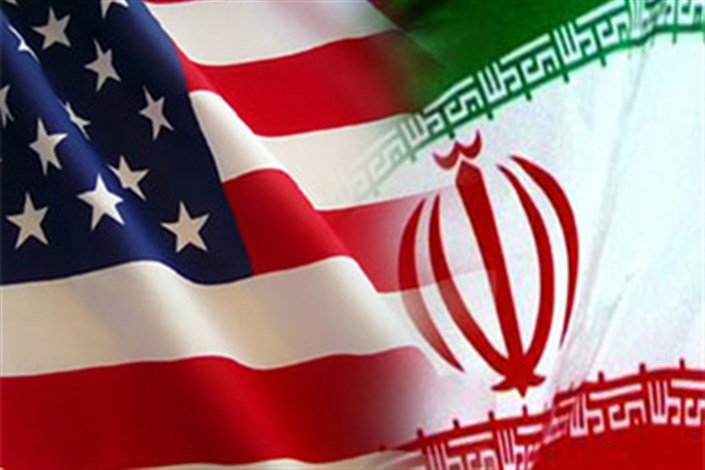
Iran and US Set for Fourth Round of High-Stakes Talks in Oman This Sunday
In a recent interview, Iranian negotiator Abbas Araghchi discussed ongoing US-Iran negotiations mediated by Oman, focusing on timelines and venues for talks aimed at addressing Iran’s nuclear program and sanctions. He emphasized Oman’s critical role in facilitating dialogue and noted Iran’s willingness to resume discussions. Although a fourth round of talks was postponed, Araghchi reaffirmed Iran’s commitment to the negotiation process despite “contradictory” US messages. He underscored the importance of transparency and principled positions in negotiations. The outcome of these talks is pivotal for regional stability and international relations, with the global community closely monitoring developments.
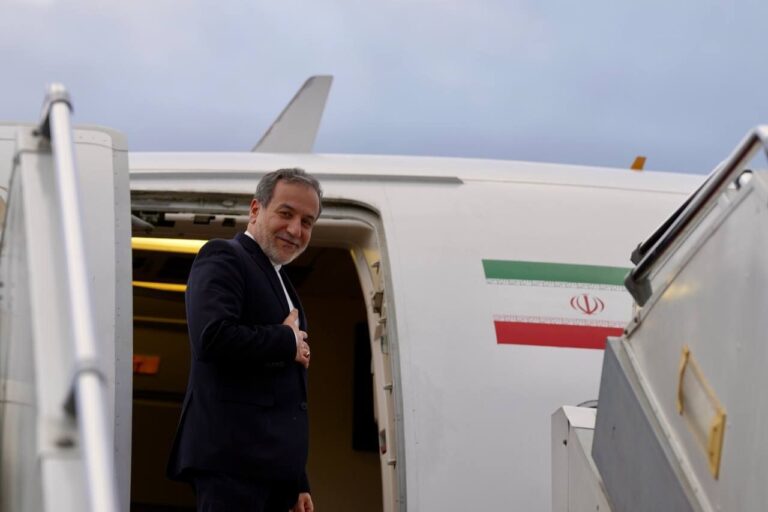
Foreign Minister Araqchi Embarks on Key Diplomatic Mission to Strengthen Ties with Saudi Arabia and Qatar
Foreign Minister Abbas Araqchi is set to visit Saudi Arabia and Qatar this Saturday to strengthen diplomatic relations with neighboring countries. His itinerary includes high-level meetings with officials in Riyadh and participation in the Iran-Arab World Dialogue summit in Doha. This visit highlights Iran’s commitment to enhancing regional cooperation. Notably, U.S. President Donald Trump is also planning a trip to Saudi Arabia, Qatar, and the UAE next week, coinciding with a potential fourth round of indirect negotiations between Tehran and Washington. This engagement emphasizes the importance of dialogue in addressing mutual concerns and fostering stability in the region.
